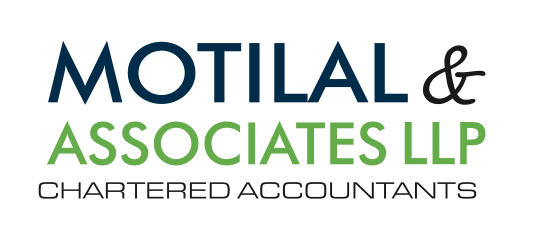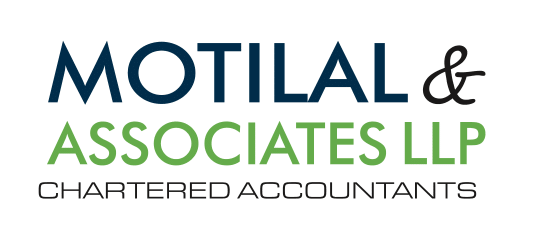REVENUE AUDIT
A Revenue audit is where your tax returns are compared to your tax records. There are generally three reasons for which we can decide to audit you:
- Screening tax returns – this is where we look at your returns and compliance history for any patterns or trends. This is the most common method of selecting a business or taxpayer for audit.
- Projects on business sectors – Revenue might focus on a particular business sector, trade or profession when choosing businesses or taxpayers for audit.
- Random selection – a small number of audit cases are selected using this method.
The main objectives of revenue audit are to ensure the completeness of income, ascertain efficiency in internal control, determine the degree of compliance and ensure timely recognition of revenue. The auditor should perform sufficient control testing and substantive testing for the revenue audit.
This process has the role to monitor and ensure tax compliance. It also helps identify signs of tax evasion as well as additional liabilities. The auditors will also collect interest, tax or penalties where applicable.
- Statutory Audit
- Internal Audit
- Concurrent Audit
- Forensic Audit & Investigations
- Performance Audit
- Follow-up Audit
- Management Audit
- Operational Audit
- Compliance Audit
- Information Technology Audit
- SOX Audit
- VAT Audit
- Revenue Audit
- Department Audit
- Financial Statement Audit
- Integrated Audit
- Payroll Audit
- Inventory & Debtors Audit

